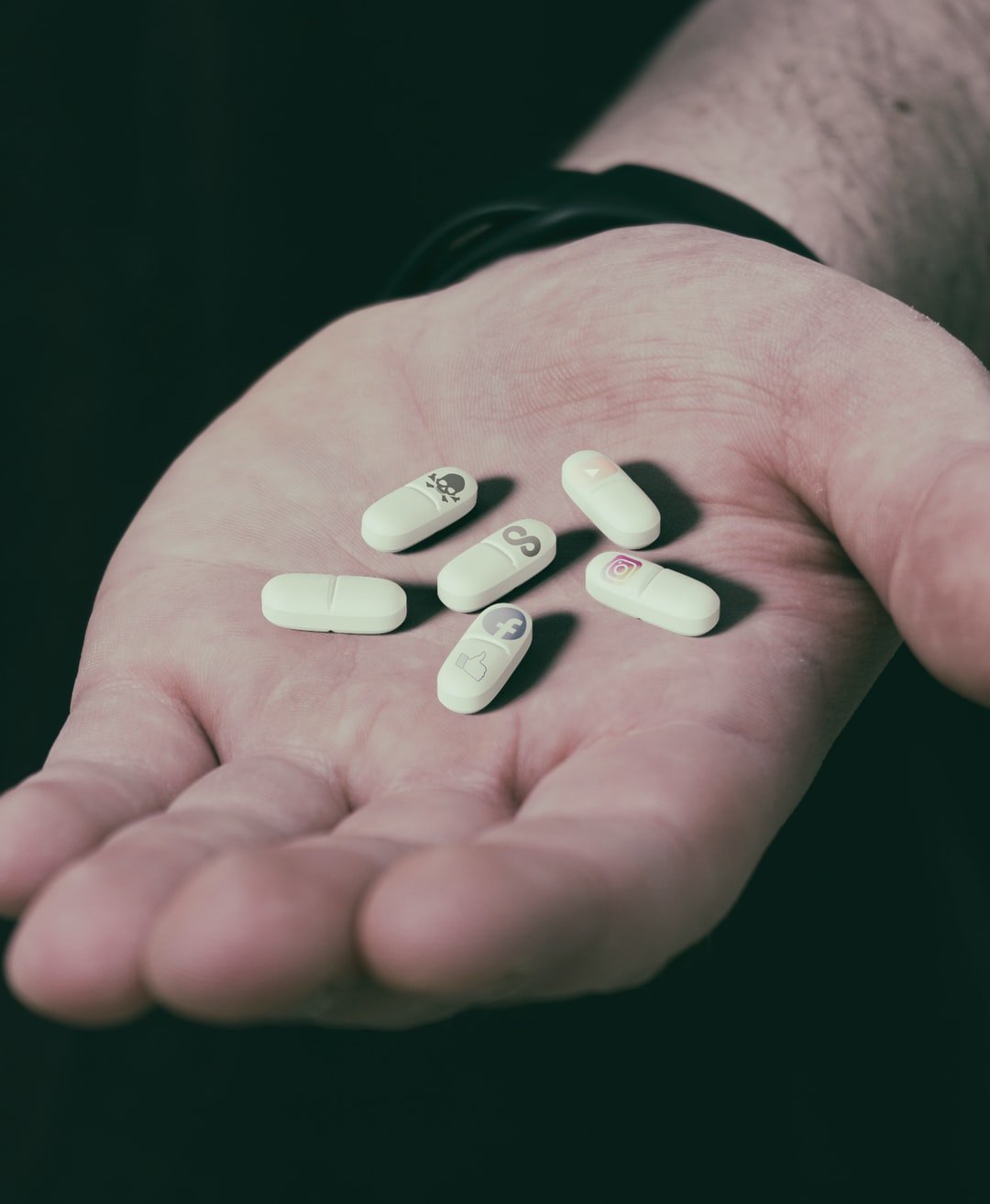Heroin Rehab Center - Understanding What To Expect

The first step to entering a heroin addiction rehab is detoxification. This step should be done in an outpatient rehab facility that will provide the assistance needed during detox. Symptoms of withdrawal from heroin include: depression, cravings for the substance, intense sweating, restlessness, anxiety, and shaking.
While at detox, individuals will be assessed to find out if they are a long-term, chronic, or immediate danger to themselves and others. Treatment centers use multiple treatment options, including medication, social skills training, and work therapy, to help people cope with withdrawal and the physical and mental health complications that often come with it. Heroin is a highly addictive Schedule II narcotic, which means it has both an addictive and a tranquilizing effect on the brain. After ingesting, the drug affects the brain's reward system, which causes individuals to seek out higher dosages to produce the same effects.
When an individual is suffering from a heroin addiction, they may feel uncontrollable emotions, such as anger, shame, anxiety, and sadness. In an inpatient treatment setting, individuals will be assigned a healthcare provider who is skilled in working with heroin addicts and will provide them with medical care and emotional support during their time in the alcohol rehab success program. Family members and friends are encouraged to participate in the process of helping the recovering addict establish a positive outlook on life.
Once detox is complete, you will be given medication to help you manage symptoms, as well as guidance and counseling from https://www.addictiontreatmentdrugrehabs.com/ on how to stay free from drugs. The benefits of being in an inpatient setting, including the fact that there are no family or group activities to be interrupted, will also encourage participants to stay clean for longer. Your doctor will inform you if outpatient care is appropriate for your heroin addiction. Some people may need inpatient treatment at a residential heroin rehab facility for several weeks or months. If this is the case, you should be prepared to go through a few phases while staying clean.
During the first few weeks or months of treatment, you will likely be placed in an outpatient clinic where you will receive medical attention and be observed by qualified staff. Once you have completed the detox process and have been living on your own for more than two weeks, you will be referred to an inpatient detox facility. This transition is key, as it allows your physical health to stabilize while you are getting the support you need to detox successfully.
One of the most important parts of detox is getting the proper support to lessen cravings for the addictive drug. A trained therapist will help you develop a daily routine that will help you fight cravings and withdrawals, while also providing support for yourself and your loved ones. Detox can be stressful, but if you can find a calm and relaxing environment to perform your detox process, it will be much easier for you to keep the proper withdrawal under control. Your therapist may recommend that you engage in pre-rehab programs to get your mind and body ready for detoxification. These programs are usually conducted in group settings, and they provide you with a safe environment to learn how to stay clean while receiving the support you need to successfully complete the program. See post, visit https://en.wikipedia.org/wiki/Substance_dependence.
